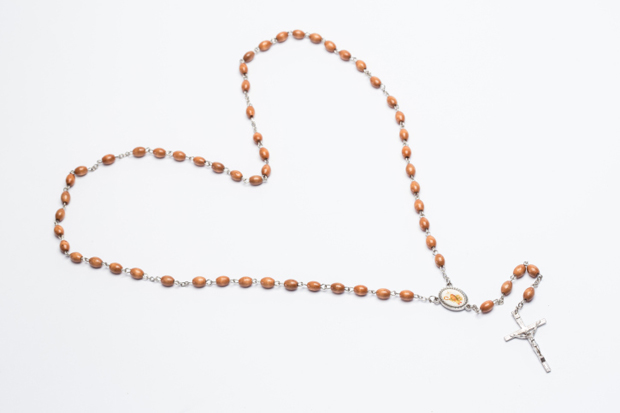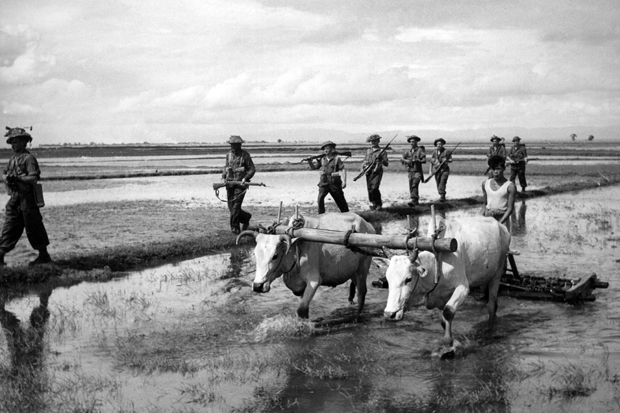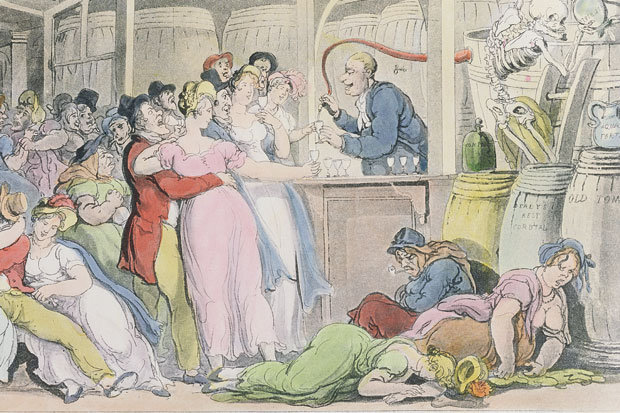The Children Act could hardly be more attuned to the temper of the times, appearing just as our newspapers are full of a story about parents absconding to Spain with their critically ill child. The incident makes us wonder who should have ultimate responsibility for a sick minor: his parents, his doctors, the law?
Ian McEwan’s short novel examines these very questions and, like the family currently in the headlines, his patient is a Jehovah’s Witness. Here the boy is suffering from leukemia and requires immediate treatment, but his religion forbids the transfusion of blood. The book’s heroine, Fiona Maye, is a judge whose task it is to determine what is in the boy’s best interests. Should religious belief be permitted to trump medical knowledge and how should the law approach such a case?
I say the novel examines these questions, but in truth it does not. McEwan is a rationalist through and through: religion was never going to be in with a chance. One might argue that the sect he has chosen is easy prey, since most of the reading public are likely to open these pages not needing to be persuaded that Witnesses are little short of nutters.
But just in case, McEwan tips the scales in other ways, through age, education, job, musical taste, and so on. Fiona Maye is 59 and highly learned, while the patient in question is 17. She is a leading member of her profession, while the boy’s father owns a few forklifts. In her spare time she plays Bach partitas. She is an atheist, while the boy and his family believe in all sorts of hocus-pocus. It isn’t too hard to guess which way her judgment will go. ‘My parents’ religion was a poison and you were the antidote’, the boy tells her, after his health is restored.
McEwan makes him worth saving. He is gifted, writes poetry and learns the violin. He also possesses the ashen skin and raven locks of every teenage girl’s dream vampire-hero. Had the boy been an acne sufferer whose only interest was violent computer games, this might have been a better novel. As it is, there is a chronic lack of dramatic tension. Such material would have been better suited to a long piece of investigative journalism than to fiction.
Perhaps McEwan had some inkling of this. Perhaps the highly improbable plot developments towards the end are an attempt to flesh out the material, to introduce urgency, epiphany, meaning. Perhaps the unconvincing parallel story, in which Mr Maye announces that he is planning an affair, is meant to bring warmth to the frosty Fiona and engage the reader’s sympathy. If such were the case, we could forgive this favourite writer one disappointing outing.
But there is worse, in style as well as content. On a sentence-by-sentence basis, the writing is poor, the characterisation scant and lazy. An electric heater makes a clunking sound, because ‘a fixed component of the fan-heater must have expanded into the orbit of the moving part’. On a hospital visit, Fiona notes that ‘the uncirculated air tasted of hospital, of cooked food long removed, [and] antiseptic’. A consultant haematologist in the witness stand on the hospital’s behalf is ‘tall, stooping, severe, [with] thick white eyebrows from under which he glared with ferocious disdain’. When McEwan writes, of Fiona, that ‘To be caught out enacting her part in a cliché showed poor taste rather than moral lapse’, one wonders whether he is making a plea.
The book’s conclusion is very like that of James Joyce’s great story ‘The Dead’. A wife tells her husband the sad tale of the death of a sweet boy. To her surprise, he greets this with kindness and compassion. After their period of estrangement, the couple turn towards each other once again. The snow does not fall on the living and the dead, as it does so movingly in Joyce, but other details match. Whether readers are moved by this will depend upon how believable they deem the judge’s feelings for the boy to be.
Got something to add? Join the discussion and comment below.
Get 10 issues for just $10
Subscribe to The Spectator Australia today for the next 10 magazine issues, plus full online access, for just $10.
Available from the Spectator Bookshop, £14.99. Tel: 08430 600033
You might disagree with half of it, but you’ll enjoy reading all of it. Try your first month for free, then just $2 a week for the remainder of your first year.














Comments
Don't miss out
Join the conversation with other Spectator Australia readers. Subscribe to leave a comment.
SUBSCRIBEAlready a subscriber? Log in